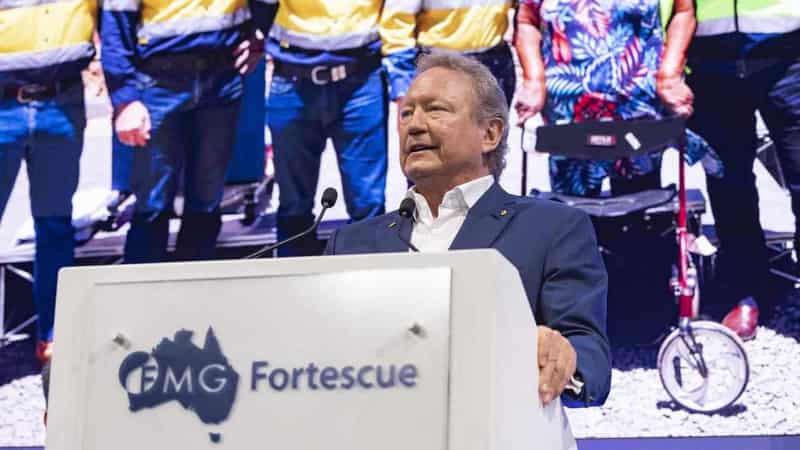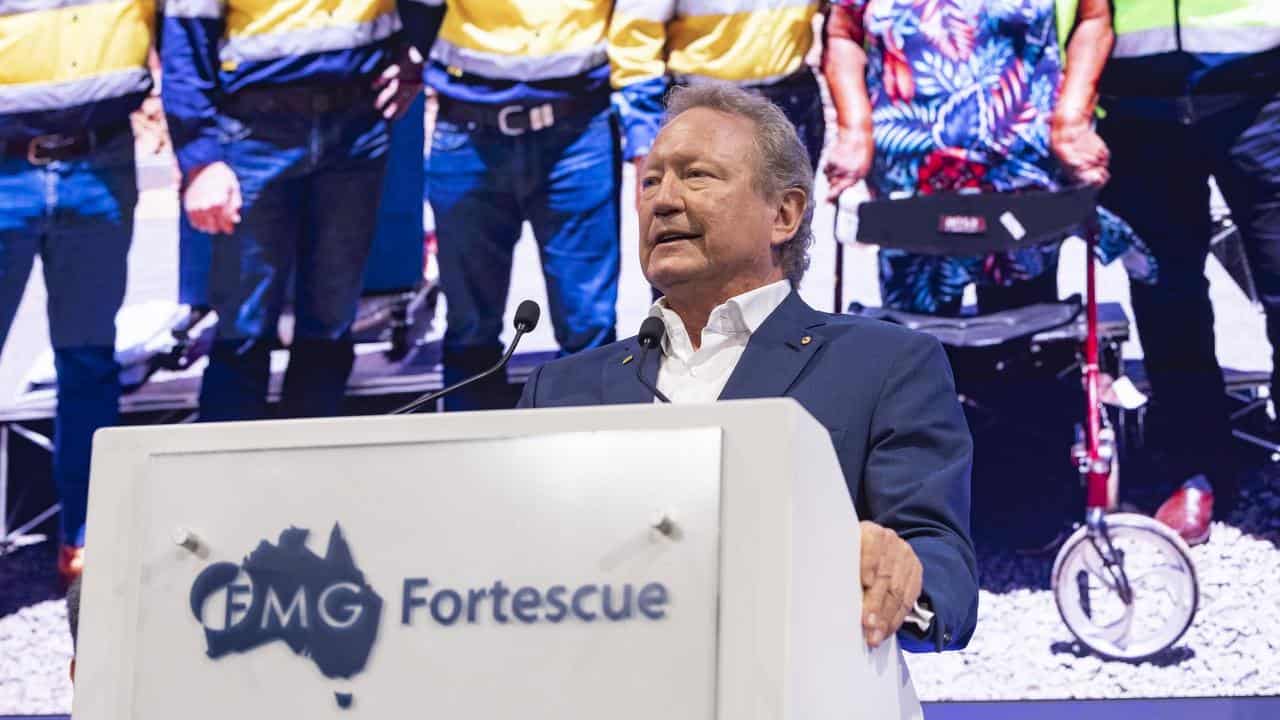
Fortescue staff who left to form their own rival startup challenged extensive search orders of their homes and offices as a cynical distraction to avoid properly defending allegations of trade secret theft, a court has been told.
Lawyers for the iron-ore giant on Tuesday said the case brought against Perth startup Element Zero and three of its directors was bolstered by the implausible explanations for their actions, including copying confidential documents to their personal laptops and email accounts.
"The strong prima facie case ... has become even stronger when taking into account the respondents' evidence," barrister Julian Cooke SC told the Federal Court.
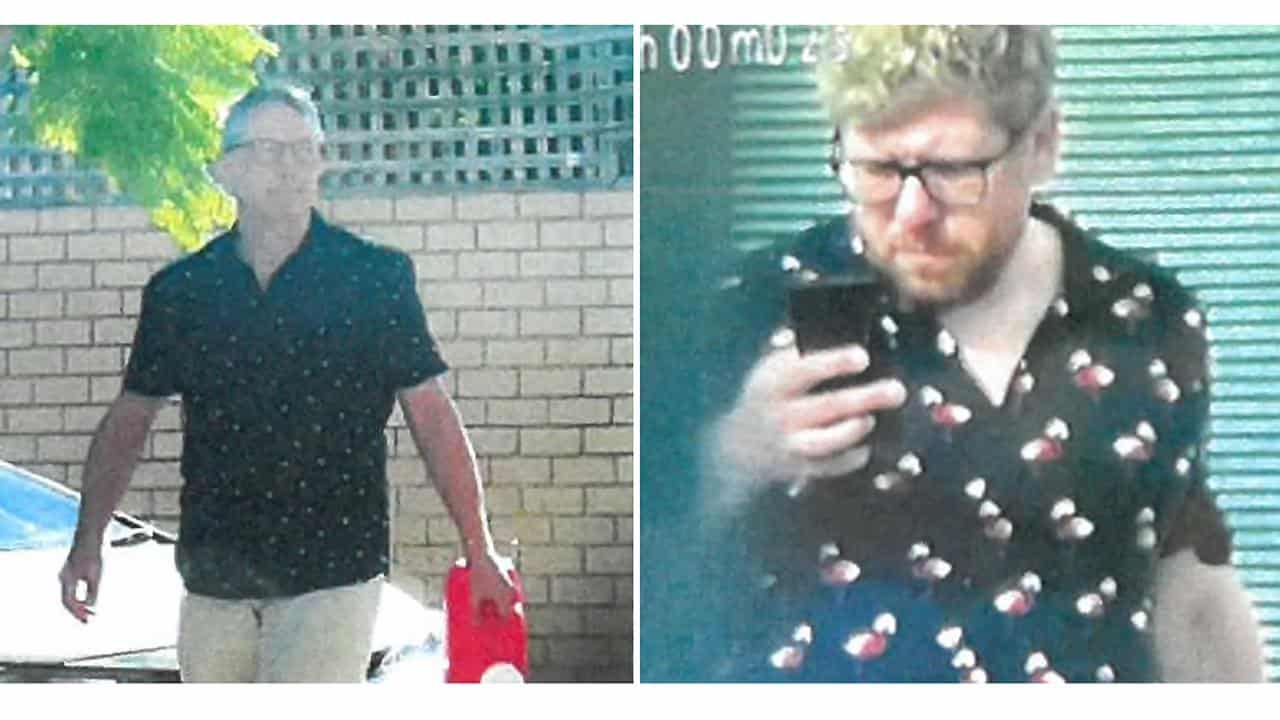
The Andrew Forrest-controlled mining giant claims Element Zero directors Bartlomiej Kolodziejczyk, Bjorn Winther-Jensen and Michael Masterman used trade secrets gained while working at Fortescue for their new enterprise.
This material was allegedly used to develop their own green-iron technology, to process the valuable ore without carbon emissions.
In May, Element Zero's offices and Dr Kolodziejczyk and Dr Winther-Jensen's homes were searched under order of Federal Court Justice Melissa Perry and four terabytes of material was seized.
The court order was granted in secret, giving the startup's directors no notice their premises were about to be raided.
Element Zero, Dr Kolodziejczyk and Mr Masterman are trying to discharge this search order before Justice Brigitte Markovic.
On the second day of the hearing, Mr Cooke said the order should remain and the bid to overturn it was "ill-conceived".
He slammed the bid as an expensive, cynical attempt by Element Zero and the directors to avoid filing a defence and properly face the allegations brought against them.
“The respondents' discharge application has been a monumental waste of time and a distraction from the real issues to be decided," he told the court.
The evidence before Justice Perry revealed a strong case by Fortescue and the very real risk that documents would be destroyed, hidden or squirrelled away if search orders were not granted, the barrister said.
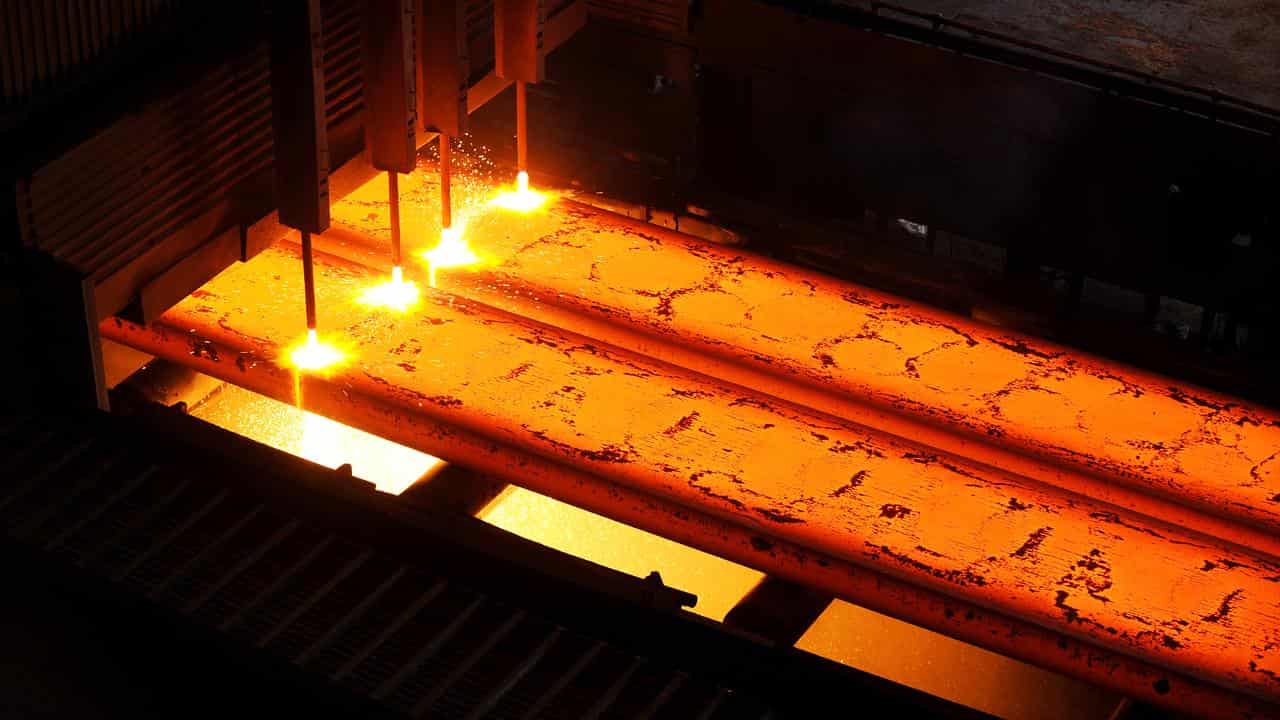
Dr Kolodziejczyk and Dr Winther-Jensen had admitted copying confidential material to their personal devices before they resigned.
But they have provided various reasons as to why this action was legitimate, such as being ordered to do so while working from home or fearing they would lose access to Fortescue's IT systems.
These explanations were "inherently improbable and implausible", Mr Cooke said.
The Element Zero directors did not respond to evidence suggesting they had access to confidential information used to establish the startup, the court was told.
Those secrets included a patent proposal for iron-ore processing technology discussed while they were at Fortescue in December 2020.
Dr Kolodziejczyk had been "too scared" to address these issues front-on because he knew that nothing he could say would help him defend the lawsuit, Mr Cooke said.
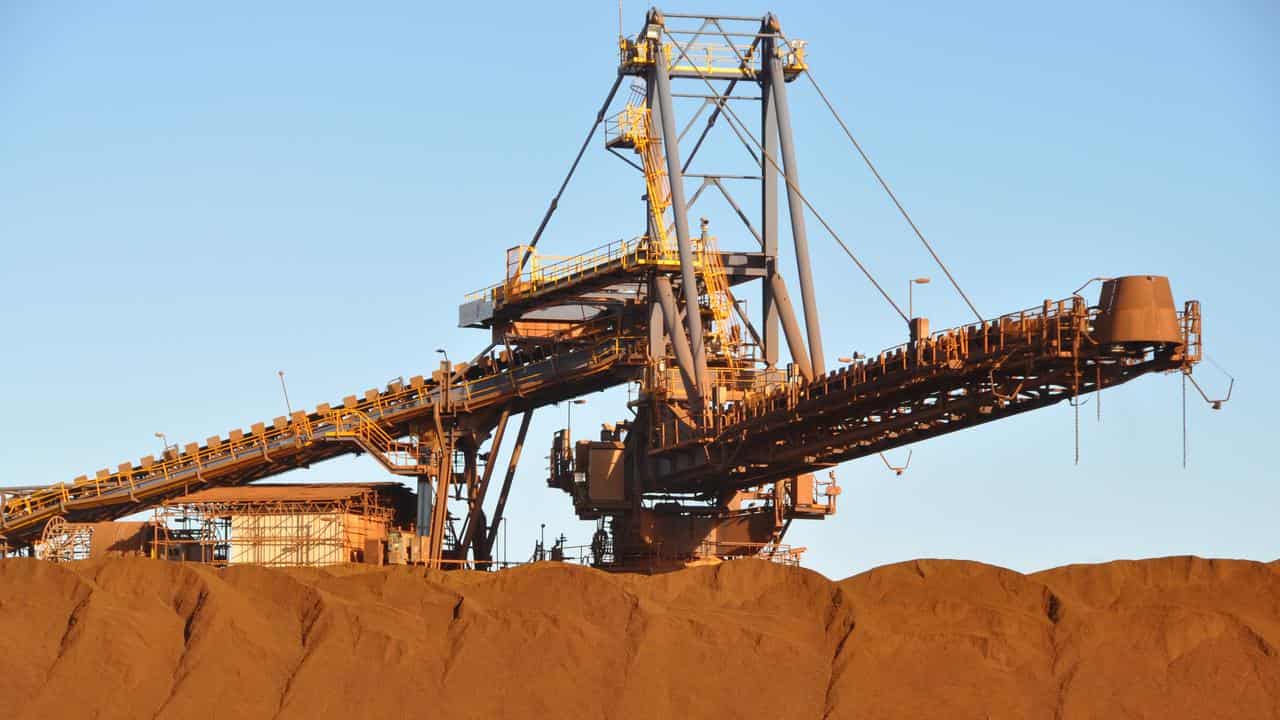
Other evidence of the alleged use of confidential information included analysis showing Element Zero could not have established a pilot plant for processing green iron - as it did so in 26 months - without significant help from knowledge gained at Fortescue.
"The respondents feared to address the matter by direct evidence because this would have exposed facts unfavourable to them,” Mr Cooke said.
Justice Markovic will deliver her decision at a later date.
In the lawsuit, Element Zero and the executives have been accused of breach of contract, copyright infringement, breach of corporations and consumer law, and breach of their fiduciary duties.
Fortescue is seeking damages or compensation, which could include any profits gained by Element Zero from the allegedly stolen invention.
Fortescue is planning to produce green iron from its Christmas Creek site in the Pilbara region of Western Australia by the end of 2025.
